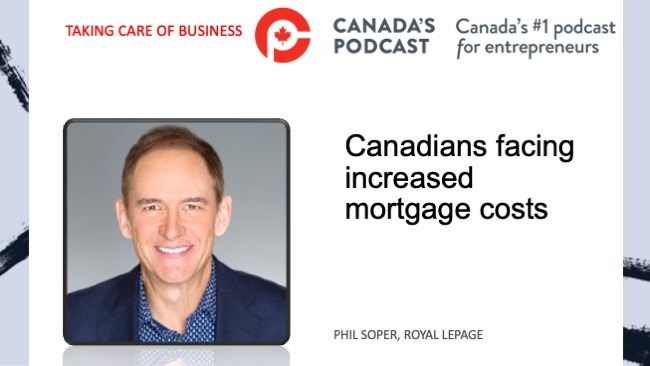The Canadian economy has continued to underperform global peers. Declines in per-capita output in seven of the last eight quarters have left average income per person back at decade-ago levels and the unemployment rate rising more than in other advanced economies, according to a new report by RBC Economics.
“Canada is not “officially” in a recession with a high rate of immigration increasing the numbers of consumers in the country, but per-capita gross domestic product and the unemployment rate are more representative of what individual households and workers are experiencing in the current economy, and on that basis, it certainly feels like one.
“The good news is inflation is slowing as the economy softens, and that has allowed the Bank of Canada to begin easing monetary policy with three straight 25 basis points cuts in the overnight rate since June. Interest rates are still at a high enough level to slow rather than aid economic growth. The lags between changes in market interest rates and actual household borrowing rates mean debt servicing costs will continue to rise—particularly for households renewing fixed-rate mortgages that date back to the exceptionally low levels of rates during the pandemic. Still, we look for the BoC to continue pushing interest rates gradually lower, and that will help limit the size of the consumer payment shock and allow for a pickup in the economy in the second half of next year.”

Luis Ruiz
The report said Canada’s labour market is softening at a pace and magnitude that is consistent with prior recessions. But the correction in the labour market looks quite different than usual. About 80% of the increase in the unemployment rate comes from the population aged under 35, and disproportionately from students and new graduates, who take longer to find a first job, rather than layoffs. This is why the unemployment rate has increased even as the count of employed workers has not declined.
“Out east, strong household spending and construction activity continue to bolster economic growth across most Atlantic provinces—including Newfoundland and Labrador (1.5%) which is gearing up for more activity in the oil sector with all four offshore vessels returning to production later this year. An uptick in commodity markets is boding well for Alberta (2.7%) and Saskatchewan (1.9%). Additional pipeline capacity from the Trans Mountain Pipeline Expansion project has boosted the outlook for Alberta’s oil and gas industry, while increased demand for potash has kept the mining industry busy and capital expenditures flowing in Saskatchewan.”

Mario Toneguzzi
Mario Toneguzzi is Managing Editor of Canada’s Podcast. He has more than 40 years of experience as a daily newspaper writer, columnist, and editor. He was named in 2021 as one of the Top 10 Business Journalists in the World by PR News – the only Canadian to make the list. He was also named by RETHINK to its global list of Top Retail Experts 2024.
About Us
Canada’s Podcast is the number one podcast in Canada for entrepreneurs and business owners. Established in 2016, the podcast network has interviewed over 600 Canadian entrepreneurs from coast-to-coast.
With hosts in each province, entrepreneurs have a local and national format to tell their stories, talk about their journey and provide inspiration for anyone starting their entrepreneurial journey and well- established founders.
The commitment to a grass roots approach has built a loyal audience on all our social channels and YouTube – 500,000+ lifetime YouTube views, 200,000 + audio downloads, 35,000 + average monthly social impressions, 10,000 + engaged social followers and 35,000 newsletter subscribers. Canada’s Podcast is proud to provide a local, national and international presence for Canadian entrepreneurs to build their brand and tell their story





